Business Africa
Previous EU-Africa summits have resulted in many action plans and strategic declarations.
It has been twenty-two years since the first summit in Cairo, but little in the bilateral ties has changed for the better.
At the just-concluded summit in Brussels, the EU announced several packages of support to bolster health, pandemic recovery, education, and stability, but cautious optimism from African leaders was palpable.
The EU has not delivered on many pledges from the past and some of the financing commitments announced at the summit were criticized as simply old initiatives repackaged as new.
“Will it be, through its innovative and courageous decisions, the summit of a renewed, revitalized Partnership, nurtured by a new soul of pragmatism, generator of concrete, structuring and transforming projects, whose preparatory work was marked by expectation?,” wondered African Union commission chairman Moussa Faki Mahamat in his speech.
There was no deal on the financing of oil and gas projects or migration. Nevertheless, both parties were eager to stress that this summit was different.
There is a huge imbalance in the EU-Africa trade and economic underdevelopment in Africa persists. So, is a new dawn in EU-Africa ties on the horizon?
San Bilal is an EU-Africa expert at the European Centre for Development Policy Management. He joins the show with insights on why the EU is keen to engage with Africa better and differently.
China as a competitor and partner
When the EU was not responding or slow to respond, Africa, hungry for development finance and infrastructure courted other partners; China in particular.
Beijing has become Africa’s largest bilateral lender, a major investor, and financier of infrastructure in the last two decades. Brussels is desperate to recover lost ground.
Hannah Ryder is an economist and the CEO of Development Reimagined. She joins the show with analysis on why the EU's push for better ties with African countries is also aimed at countering China.
Ethiopia, Kenya agree electricity export deal
With the coming on line of the Grand Ethiopian Renaissance Dam (GERD), Addis Ababa will be generating excess power. A deal has been struck to export some 400MW every year to Nairobi.
The country is seeking to produce 700 MW from the dam located on the Nile as part of a pilot phase.
Switching on the GERD will move Ethiopia's power production capacity to over 5,500MW.
The World Bank and the African Development Bank have committed funds to build the over 1,000km-long transmission line.




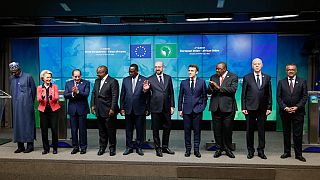

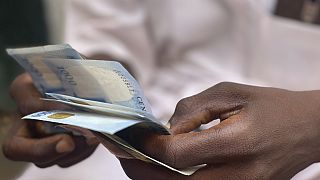
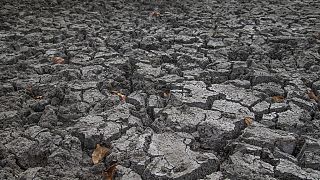
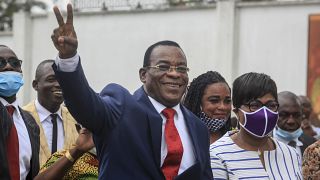
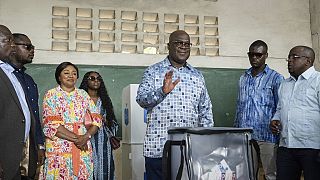

11:07
Benin: Tapping the potential of luxury tourism [Business Africa]
01:28
Putin says BRICS countries will drive economic growth in coming years
Go to video
Zimbabwe to compensate white farmers 20 years after land seizures
01:27
AU-UN seek to strengthen cooperation
11:08
UNGA 2024: Spotlight on Africa's Future {Business Africa}
00:59
Russia says supports Africa's Security Council seat bid